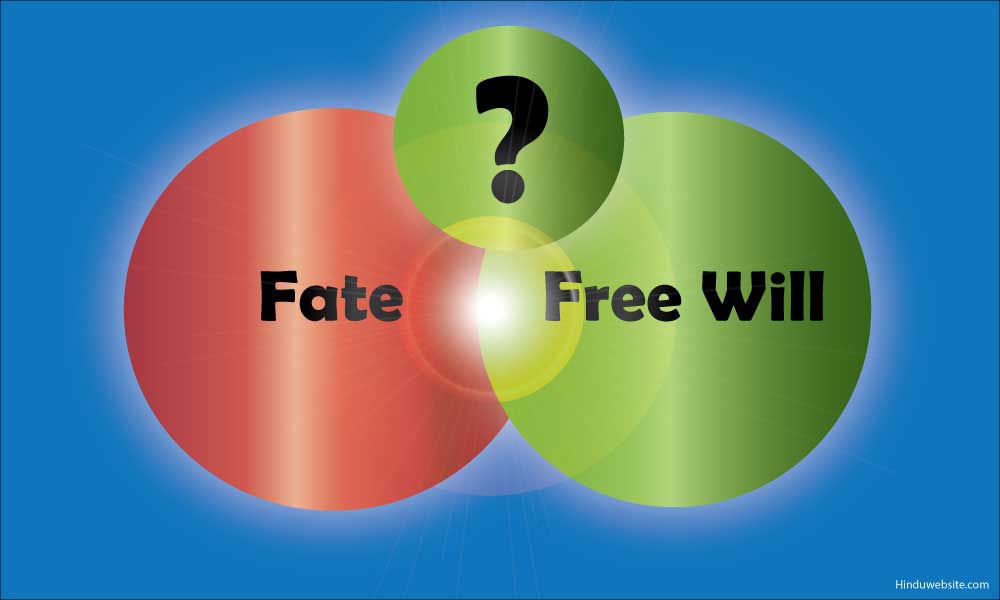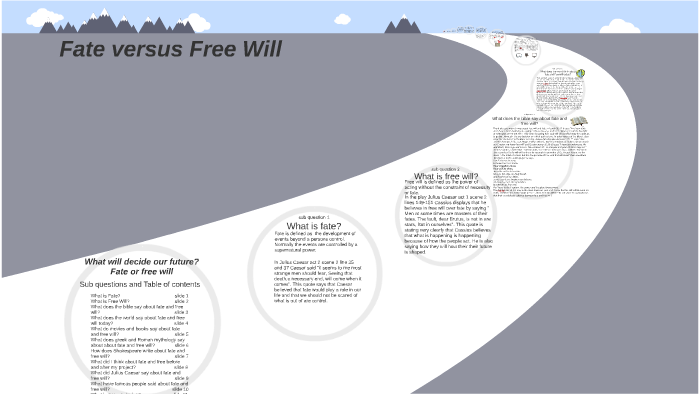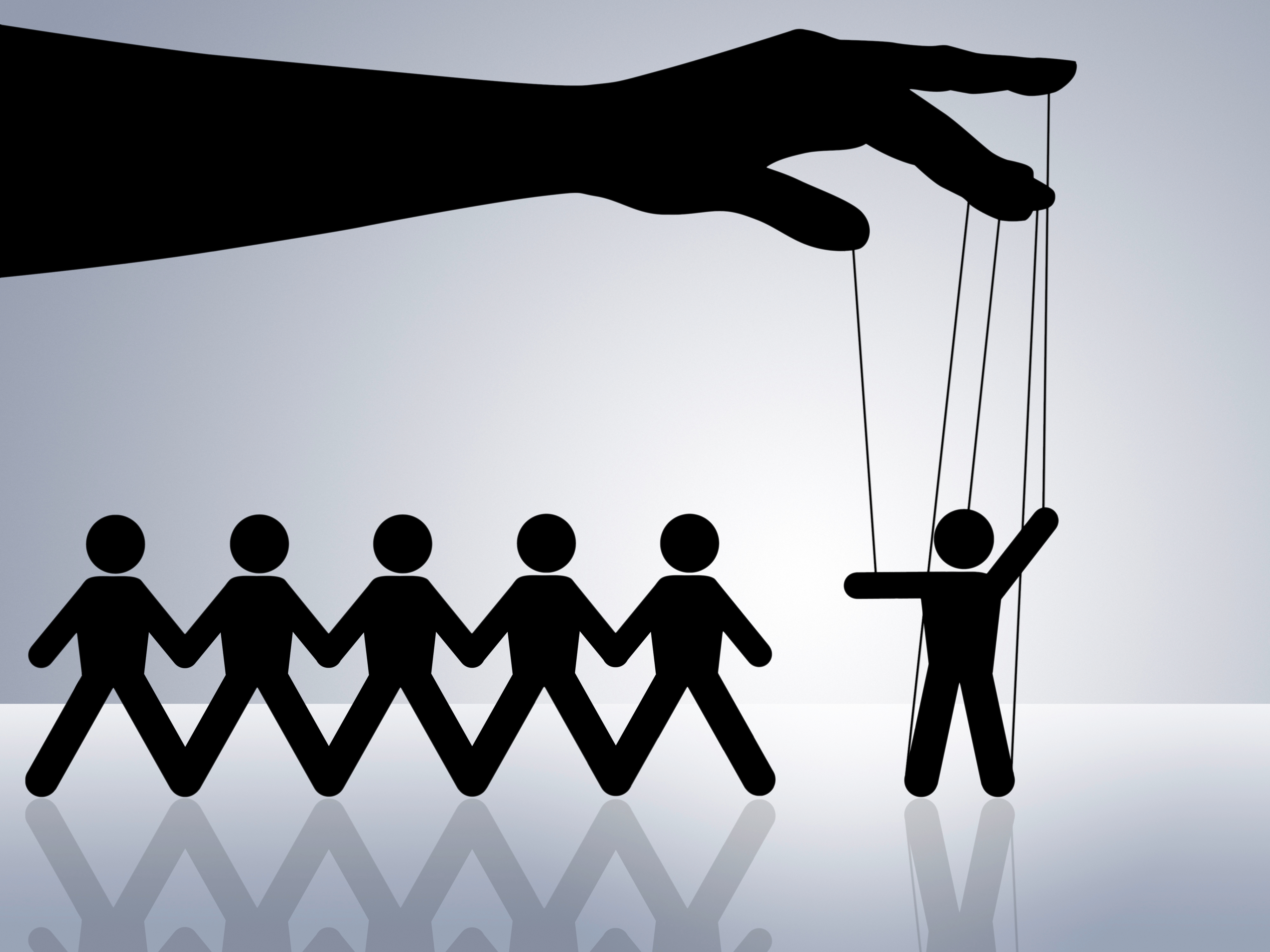Fate and free will are two closely related and often debated philosophical concepts that have been pondered by humans for centuries. At their core, fate refers to the idea that certain events or outcomes are predetermined and cannot be changed, while free will refers to the belief that individuals have the power to make their own choices and decisions, regardless of any predetermined fate.
One argument for the existence of fate is the concept of predestination, which posits that everything that will happen in the future has already been decided and is set in stone. Proponents of this view argue that no matter what choices we make or actions we take, the ultimate outcome of our lives is predetermined by some higher power or force. This belief is often rooted in religious or spiritual beliefs, and it can provide a sense of comfort and security for those who embrace it, as it suggests that everything happens for a reason and that there is a grand plan at work in the universe.
On the other hand, the concept of free will asserts that individuals have the ability to make their own choices and decisions, and that these choices can shape the course of their lives. This belief is often based on the idea that humans have consciousness and self-determination, and that they are capable of exercising their own agency to make decisions and shape their own destinies.
The debate between fate and free will is a complex and multifaceted one, and it is difficult to arrive at a definitive conclusion. Some argue that both concepts can coexist, and that while certain events may be predetermined, individuals still have the power to make choices that can influence the outcome. Others argue that one concept must necessarily take precedence over the other, and that either fate or free will is the ultimate determining factor in the course of our lives.
Ultimately, the question of whether fate or free will is the dominant force in our lives is a deeply personal and subjective one, and each individual must decide for themselves which belief best aligns with their own values and beliefs. Regardless of which view one subscribes to, it is clear that both concepts have played a significant role in shaping human thought and understanding of the world, and they will continue to be explored and debated for generations to come.








